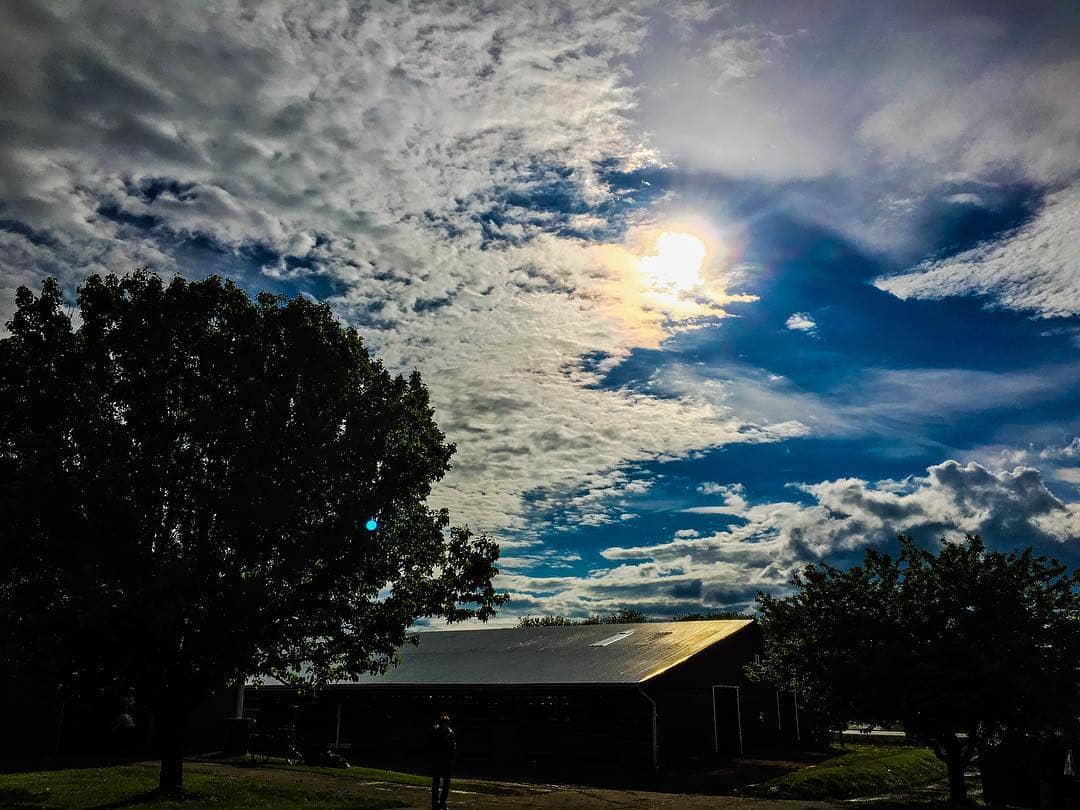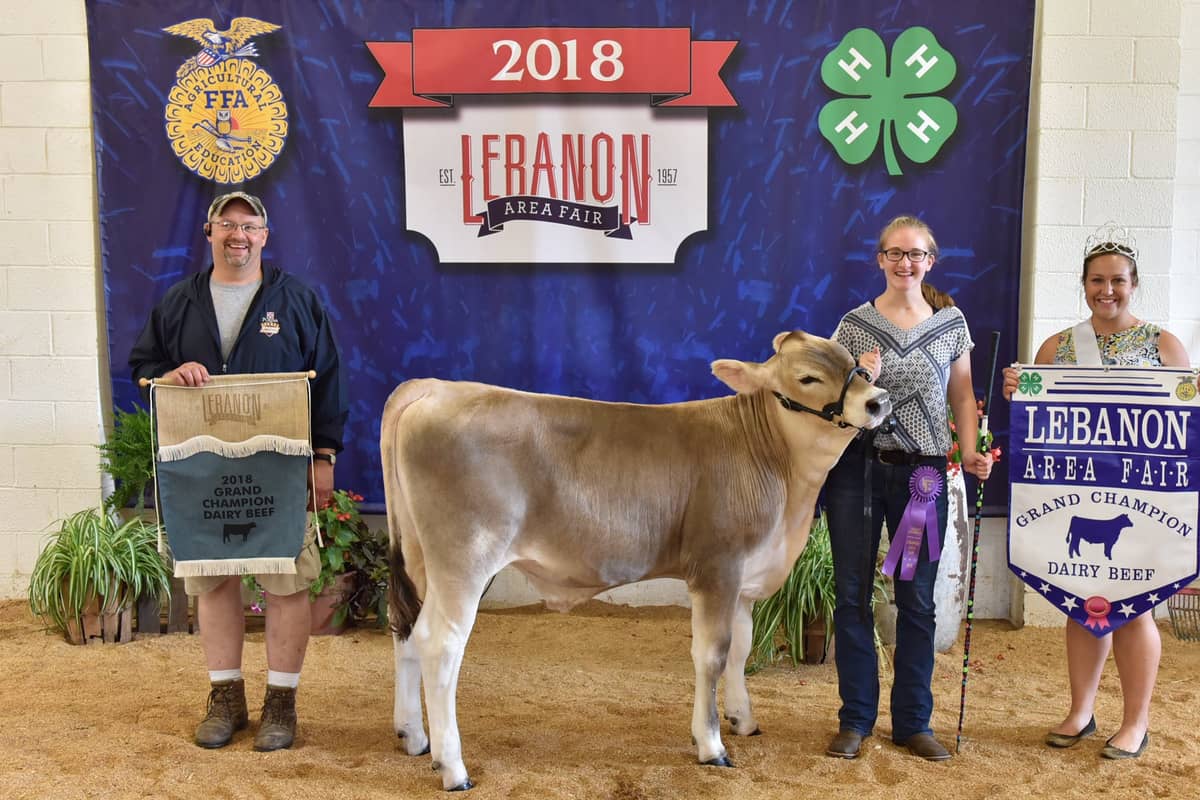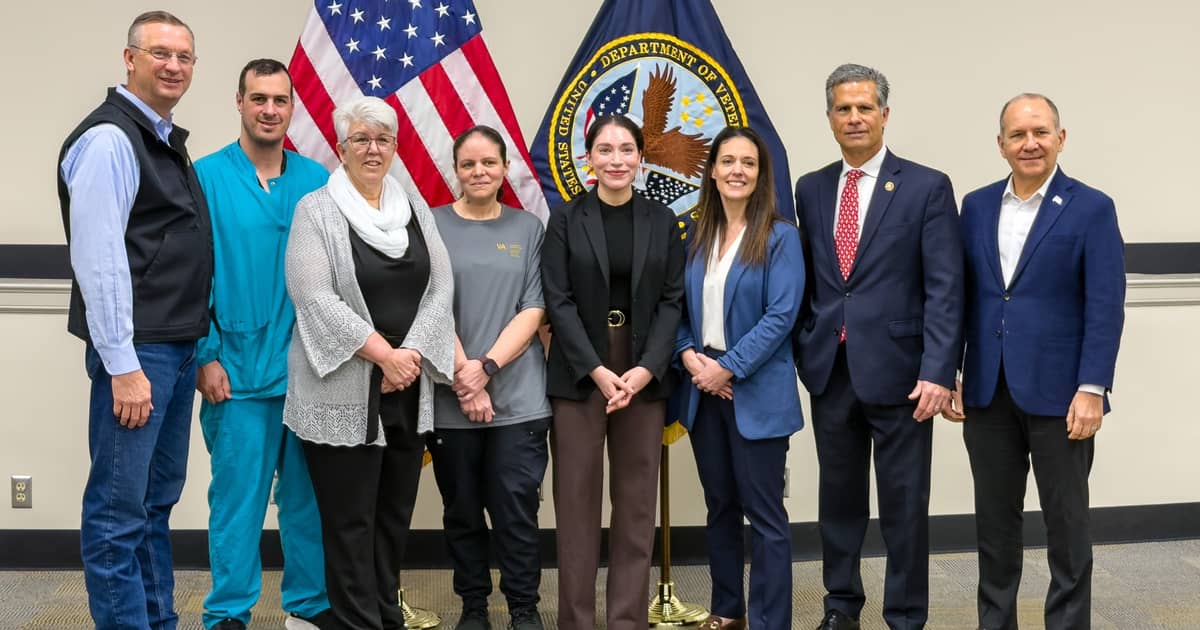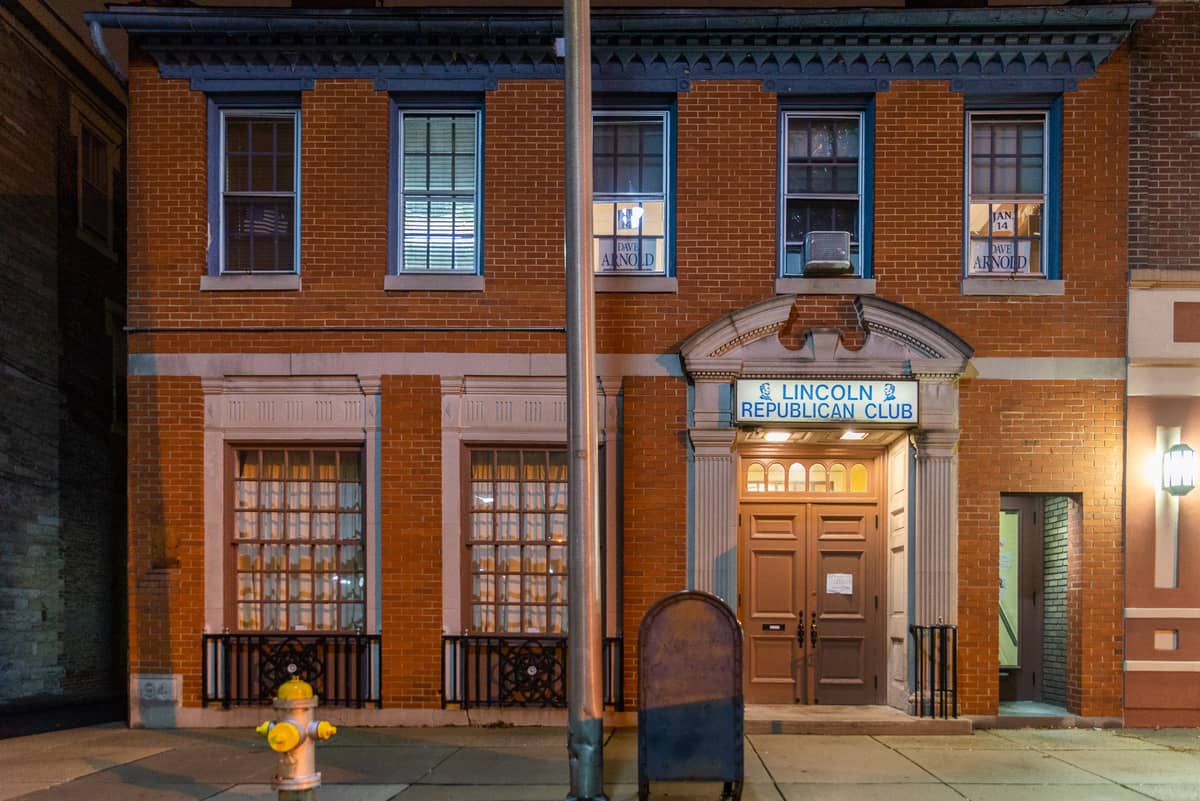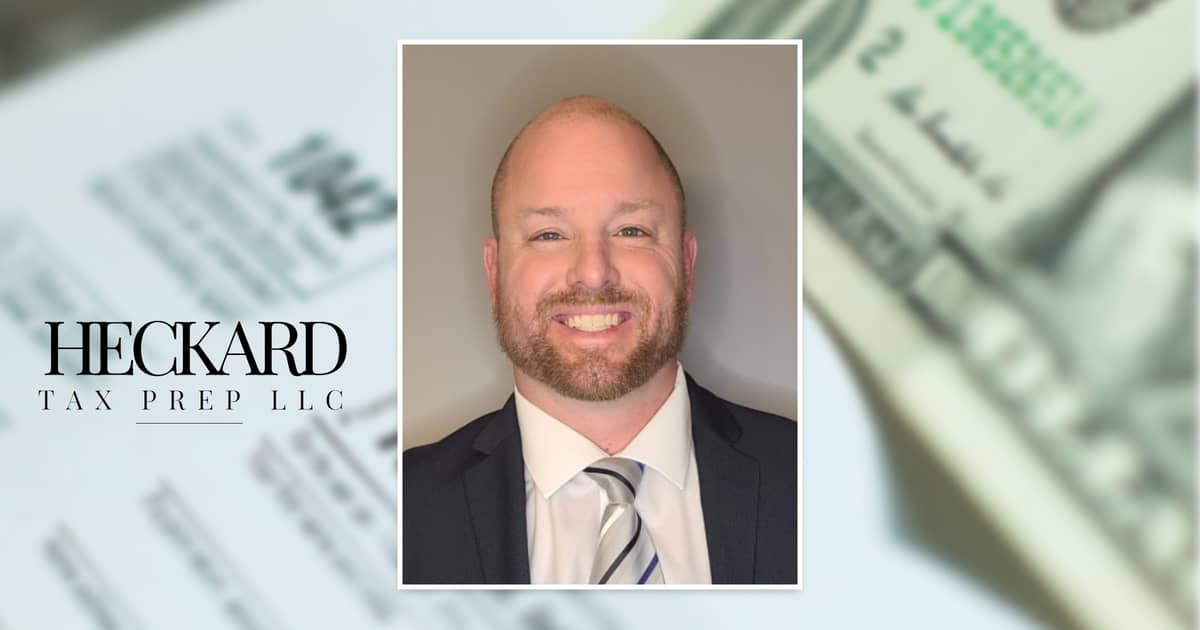The future of the Quentin Riding Club hangs in limbo as the organization awaits final offers from a handful of parties interested in purchasing and/or operating the club’s 46-acre historic equestrian site.
The bidding process, which has not previously been disclosed to the public, arose following a club meeting earlier this year where a few individuals acted to advance funds to cover the due portion of the organization’s outstanding tax obligations, which amounted to about $35,000.
Jonestown Bank & Trust has begun the foreclosure process due to an outstanding mortgage on the property worth approximately a quarter of a million dollars, so it’s not immediately obvious if the organization would be able to arrange a deal before that process culminates, and therefore a proposal might have to be considered in conjunction with the bank. This crisis is not the bank’s fault though, and insiders say that the bank would likely work with the riding club on forbearance terms.
The club also has a line of credit with JBT and other debt obligations that bring the total debt load closer to a half a million dollars. The board is currently looking into an attorney to advise on next steps. Members would ultimately vote on the offer selected by the board.
Today the complex consists of eight barns, several pastures, and indoor and outdoor riding rings. In 2013 the site was appraised at $2.3 million.
With few horses boarding on the property and no club house operations since early November, the riding club is effectively closed, making it an apparent necessity for the board to choose one of its available offers or face foreclosure and a sheriff’s sale.
Repeated attempts to contact Quentin Riding Club board president Greg Shaffer have gone unanswered. We did, however, talk to nearly a half dozen board members past and present in reporting this article.
In 2015, the riding club’s annual Fall Show was moved to Swan Lake Stables. As rationale then-president Larry Minnich explained, “We’d like to have a horse show every day, but if it doesn’t make any money and doesn’t make any sense then there’s no reason to do it.” For horse lovers, Minnich’s moving of the organization away from equestrian activities untethered the organization from its historical focus (and revenue streams) of horse shows and boarding, therefore his tenure remains a controversial topic. A message to speak with Minnich was not returned before this article was published.
Club advocates are hopeful that one of the bids will be a viable path for protecting what they view as the ultimate interest – the continuance of equestrian activity on the historic acreage. They maintain that it would be possible for the facility to recover some of its former glory if an investment were made in the ring, which currently costs a significant amount to maintain due to erosion issues.
It’s hard to quantify the value of the site. The corner on Route 72 is extremely desirable, and the presence of the pastoral riding club is baked into the value of the neighborhoods and other properties surrounding the facility. Area residents do not support seeing the land developed. If no offer is accepted and the property was foreclosed upon by the bank, the odds of development would go up much more in a public sale.
A revitalized riding club could benefit Lebanon County tourism. A hotel is expected on the corner of Cornwall and Rocherty Road, not far from the riding club. Throughout the 20th-century, Quentin Riding Club horse shows would attract hundreds of horses and riders. Horse shows provide major draws to towns like Devon, Littlestown, and Harrisburg.
There is debate as to how the proceeds would be distributed in the event of a sale. Some believe that any surplus should be distributed to members on an equal basis; others say there will be no surplus after all debts are made whole, making this a moot issue; and perhaps the largest group believes that any surplus would need to be donated to a nonprofit.
The club’s charter states that the corporation, “does not contemplate pecuniary gain or profit, incidentally or otherwise to its members” and that “said corporation is to exist perpetually.”
The origins of the Quentin Riding Club date to 1934 when a group of Lebanon businessmen organized themselves to acquire land and stables for equestrian activity.
The Quentin Riding Club was chartered in 1935 to formally pursue these efforts, and it would come to acquire the historic stables at the William Coleman Freeman hackney farm just down the rode from central Quentin (renamed from Bismarck during World War One). This suggests that it would be possible for the “Quentin Riding Club” to still exist in some form even if it did come to sell the site that it’s long owned.
The horse shows hosted by the Quentin Riding Club grew to be among the largest on the east coast, and to this day Quentin retains a national reputation in equestrian circles. Actors Carson Kressley and Robert Redford are both said to have shown horses at Quentin Riding Club shows.
The historic Freeman stables still stand and feature elements of the original construction such as 3-inch oak planks, hinges made from wrought iron, and latches of recessed brass. The club also acquired a clubhouse building in the form of the “Noll House”, known as such for its last resident, William Noll, a former county commissioner, local Republican party leader, and manager of Freeman Farms. Noll had purchased the property after it was discontinued as a hackney farm, putting it to use as a dairy producer for Milton Hershey’s burgeoning empire.

In the riding group’s first year it was instrumental in helping to establish the Horse Shoe Trail, with the club responsible for nailing horseshoes along a 15-mile section of trail assigned to it.
One of the organization’s only infamous episodes from those early years was the exclusion of Jews from the club’s stables during the peak of antisemitism in 1939. This eviction led Lebanon’s Ben Tuck to purchase 170 acres down the road for $10,000, an investment that paid off handsomely over the years.
Here’s what the site looked like before being turned into the riding club.

Thanks to the Penn Pilot project, we also have aerial views of the site from 1937, 1956, and 1970.



My own family rode there growing up – here’s a picture of my mom that was published in the Lebanon Daily News in September 1977.

As did many other families.


The Conestoga wagon train stopped by the riding club during America’s bicentennial celebration in 1976, described as: “a replay of history—in reverse. A train of covered wagons—one wagon for each state—will cross the country, west to east, adhering as close as possible to historic trails and wagon routes”.
Riding Club Estates was created in the late seventies.

More news on the future of the riding club is expected after the board has secured a lawyer and determined its response to the final offers once they are submitted late this month.
Nearly everyone contacted for this article shares the belief that the club could be restored to an equestrian destination with investment and grit. It will take a concerted effort by a number of parties over the coming weeks and months to make that happen, as the fate of the land on the public market is easy to predict when you look at the rest of the development down the Route 72 corridor. The Quentin Riding Club is one of the Lebanon Valley’s historic gems and the consensus view is that the public would benefit a great deal from keeping that land in essentially its current form.
LebTown will be here with further developments, and we’ll update this post if we hear from the club president or other stakeholders. If you have more information, feel free to use our anonymous contact form or email me at davis@leb.town.

